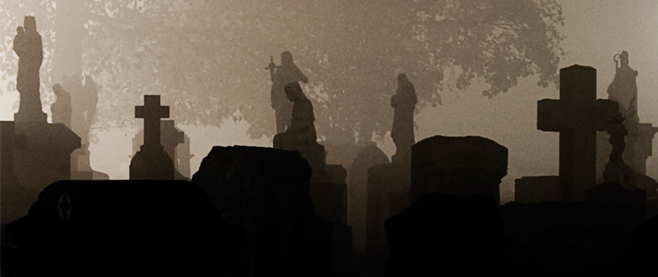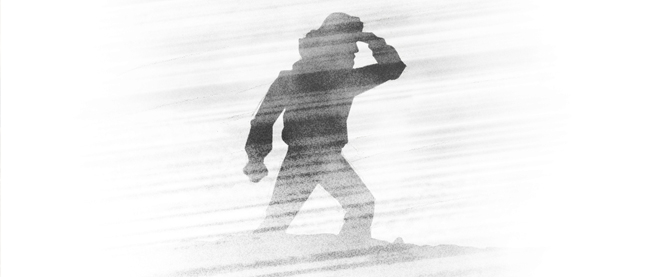
The American Culture of Horror: Isolation and the Loss of Self
Part 1: The Foundation
There is no better measure of the state of a society than the pulp it produces and no pulp genre is a more fine-tuned gauge than horror.
Eleven years after the pre-millennial hysteria, we are still living in an age of apocalypse. We have become ever more interested in the end of the world (both personal and global) and for proof, look no further than our books, our movies and our videogames. Disappointed that nothing dire happened to ring in Y2K, we now collectively hold our breath for 2012.
H.P. Lovecraft said, “The oldest and strongest emotion of mankind is fear, and the oldest and strongest kind of fear is fear of the unknown.” That fear fuels all of our other anxieties, day in, day out. How we deal with those anxieties, collectively, defines us as a culture. They help us understand the world. No one outside of some weird New Agers believes that the world is going to end in 2012 and no one actually thinks they will have to put their plan for the Zombie Apocalypse into action, but by confronting those particular notions of the unknown through our fictions, we fashion tools to help us prepare for what we can control and make our peace with what we cannot.
From a book that tells the story of the last man living in a world of vampires to a videogame about fighting infestations of weaponized corpses in space, this is true of everything that tells a horror story. My colleague Peter Lang argues science fiction is the genre of our hopes and dreams. I argue that horror is the genre of our dread of the present.
Every culture has its particular bogeymen. According to horror writer Peter Straub, in the introduction the first volume of his extremely worthwhile American Fantastic Tales, for American culture, begun in earnest among the Puritans, “The essential aspect of [their] primal distrust of Nature is in its ultimate purpose, the surrender or collapse of the individual will.”
He continues, “Trance states, sleepwalking, mesmerism, obsession, possession, that variety of possession represented by literal invasion of wicked and ravenous forces, madness, spiritual infection, the evil potential of magnetism, exotic curses, evil atmospheres and the simple machinations of malign beings, all these states, conditions and forces conspire against the healthy, purposive, functional human identity.”
With his list or his logic, I cannot argue. However, the inception of this fear required a key catalyst which Straub neglects to mention: isolation.

Alone in their new land, surrounded by wilderness and savages, these people had no one to turn to for help should anything go wrong. A single blizzard could have wiped them out and even when their settlements were more established, there were no guarantees. The colony in Roanoke had vanished without a trace, after all. It is no surprise that their fears eventually became manifest during the witch hysteria.
From that furtive, paranoid isolation of the early days we laid the foundation of our inclusive, gregarious nature. Why else have we kept our borders open and encouraged opportunity for outsiders, if not to ensure we would never be alone in the cold wilderness again? Why else did we march across the wide interior to the Pacific, if not to assure ourselves that no dangers lurked on the frontiers just beyond our sight?
And from those days too, come our deepest cultural fears – of being left alone, helpless, as our very psyche is changed against our will. Straub points out that, “What remains when the conscious and functioning self has been erased is mankind’s fundamental condition – irrational, violent, guilt-wracked, despairing and mad.”
We do not wish to return to our first dark days on these shores.
Continue to Part 2: Folklore and Stephen King
~
Tune in tomorrow for the second part of The American Culture of Horror, when I take a look at the influence of folklore and then survey of the works of Stephen King. In the mean time, true horror lurks on my Twitter: follow me @StuHorvath.



